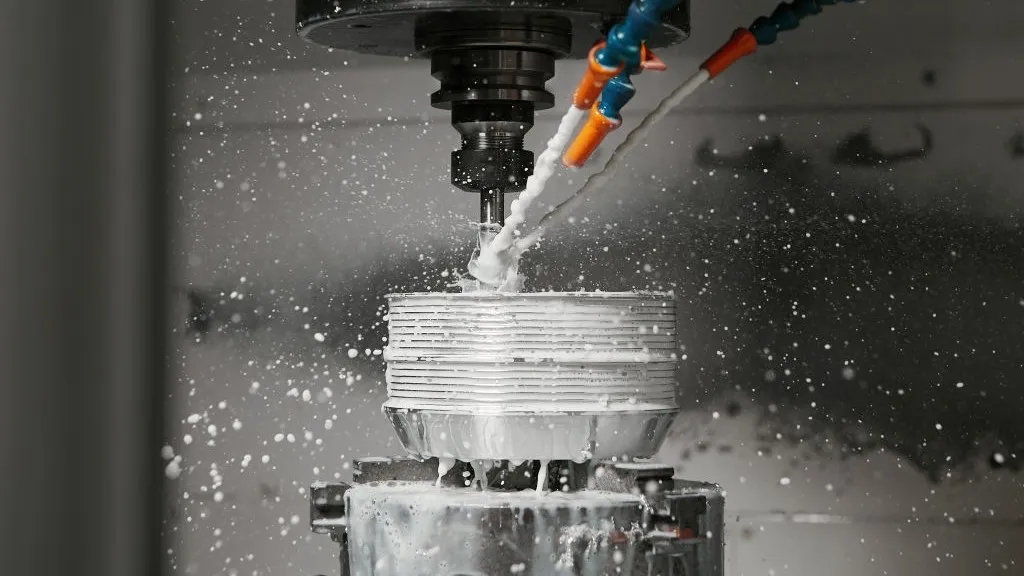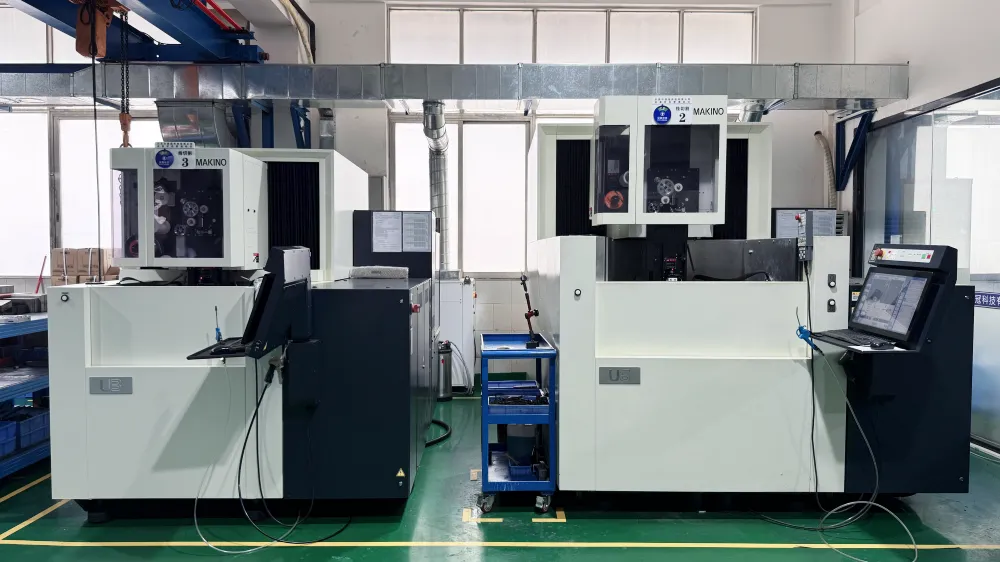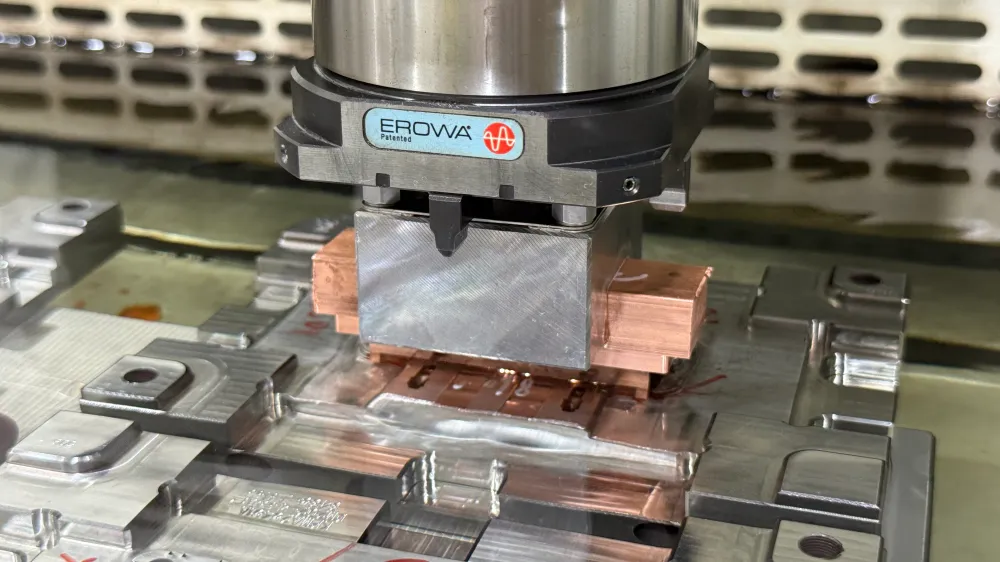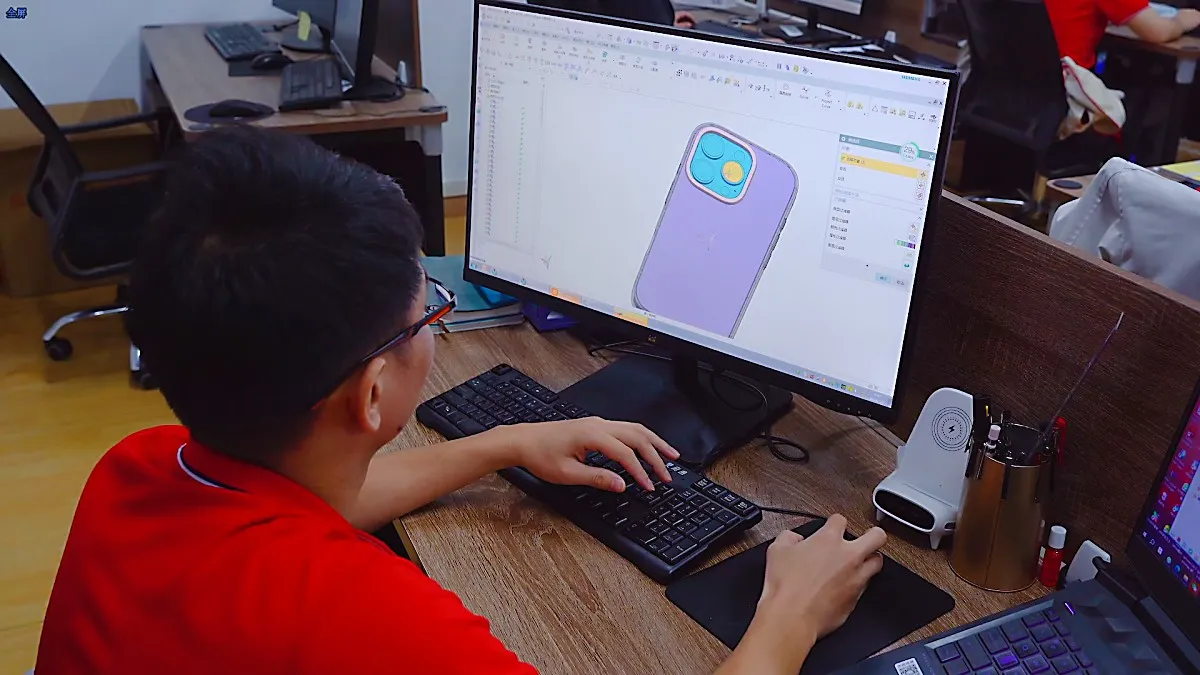1. Introduction
Rapid prototyping is an essential step in the product development process. It not only helps companies verify design concepts, but also speeds up time to market. However, choosing the right rapid prototyping service company is crucial to the success of the project. A reliable partner can provide high-quality product prototypes, shorten development cycles, and reduce overall costs.
2. Determine the Needs
Before looking for a prototyping service company, it is crucial to clarify your project needs and goals.
Material selection: For example, if your product involves high-temperature applications, you need to make sure that the service provider can handle heat-resistant plastic or metal materials.
Technical requirements: For example, 3D printing prototypes are very effective for prototyping complex geometries, while CNC machining prototypes may be more suitable for the high-precision requirements of metal parts.
Timeline: If your product needs to be on the market within three months, you need to choose a rapid prototyping company that can deliver in a short time.
3. Evaluate professional experience and technical capabilities
Evaluating the company’s industry experience and expertise is key to choosing the right service provider.
Check the company background: For example, a company with more than ten years of rapid prototyping experience may be better able to understand complex design requirements.
Technical capabilities: Make sure the company has the ability to use the latest tools and technologies, such as high-precision 3D printers or advanced material analysis equipment.
4. Review past projects and case studies
Reviewing the company’s past project cases can help you evaluate its capabilities and innovation.
Success stories: For example, see if the company has successfully developed complex product prototypes for customers in similar industries, which can demonstrate their professional capabilities.
5. Check customer reviews and reputation
Good customer reviews and reputation are a sign of a company’s reliability.
Online reviews: Find customer feedback on platforms such as Google Reviews or industry forums to understand their satisfaction and cooperation experience.
Testimonials: Ask the company for testimonials from other customers to get more in-depth cooperation details.
6. Evaluate communication and collaboration capabilities
In B2B cooperation, good communication and collaboration are crucial.
Response speed: For example, observe how quickly the company responds when you first contact it, whether it can quickly provide information and solutions.
Collaboration tools: Find out if the company uses project management and collaboration tools such as Slack and Trello to ensure smooth communication.
7. Consider flexibility and responsiveness
Changes may occur during the project, so it is important to choose a flexible partner.
Deal with changes: Ask if the company has a flexible process for dealing with project changes, for example, whether it can quickly adjust the design or material selection.
Quick response: Make sure the company can respond quickly and implement new requirements when you raise them.
8. Analyze cost and budget transparency
Transparent cost structures and budgets are essential to avoid financial problems later.
Detailed quotes: For example, ask the company to provide detailed cost components, including material costs, labor costs, and any additional costs.
Avoid hidden costs: Confirm that all possible costs are included in the quote to avoid unexpected expenses later.
9. Check quality control and certifications
Quality control is key to ensuring that the product meets standards.
Quality certifications: Check whether the company has quality management certifications such as ISO 9001, which indicates its reliability in quality control.
Quality processes: Understand the company’s quality control processes, such as whether it conducts rigorous prototype testing and inspections.
10. Confirm delivery time and reliability
On-time delivery is an important factor in project success.
Delivery record: Ask about the company’s past delivery record and whether it can complete the project on time.
Project plan: Make sure the company can provide a detailed project schedule and provide progress updates at each stage.
11. Understand after-sales support and service
Support and service after the project is completed are equally important.
After-sales policy: Understand the company’s support policy after the project is completed, such as whether it provides subsequent modification and optimization services.
Ongoing cooperation: Investigate whether the company is willing to provide ongoing support and improvement suggestions after the product enters the market.
12. Conclusion
Finding a reliable rapid prototyping service company requires comprehensive evaluation and consideration. By clarifying needs, evaluating experience, viewing cases, investigating reputation, evaluating communication, analyzing costs, checking quality, confirming delivery, and understanding after-sales service, you can make a wise choice. I hope this article can provide you with valuable information to help you find an ideal partner and achieve your product development goals.




